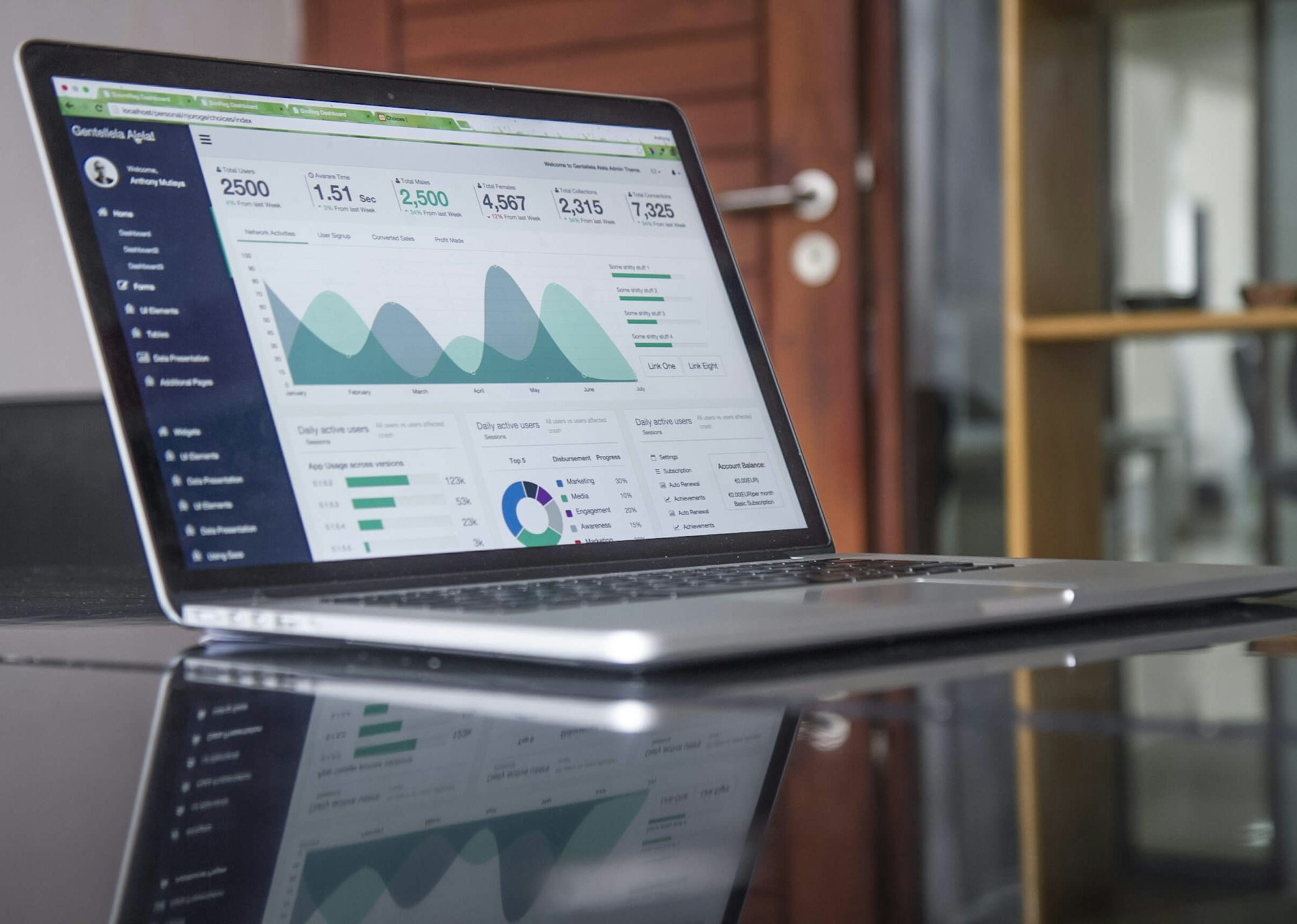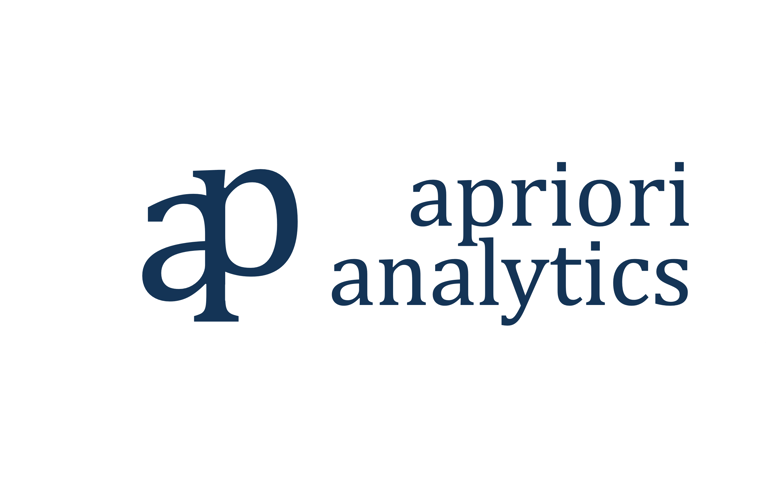
What Data Analysis Can Add to Small Business
Savannah Adkins
9/28/20251 min read
For many small businesses, the daily challenge isn’t collecting data—it’s knowing what to do with it. That’s where data analysis comes in. By transforming raw information into clear insights, businesses can spot inefficiencies, uncover opportunities, and make decisions grounded in evidence rather than guesswork.
Take one of our recent projects with a small mortgage broker. Their team was facing delays in processing certain loans but didn’t have a clear sense of why. We worked with them to analyze detailed records of loan applications, timelines, and client interactions. The analysis revealed specific factors that consistently added days to the process—such as which lender the loan was at.
By quantifying the impact of these slowdowns, we were also able to estimate the cost of delays in terms of lost income and reduced client satisfaction. This gave the broker a concrete picture of where inefficiencies were hitting the bottom line. With that knowledge, they could prioritize changes that not only speed up loan closing times but also strengthen customer relationships.
The takeaway? Small businesses don’t need massive datasets to benefit from analytics. Even a focused project can deliver insights that save time, reduce costs, and improve service—turning data into a real competitive advantage.
